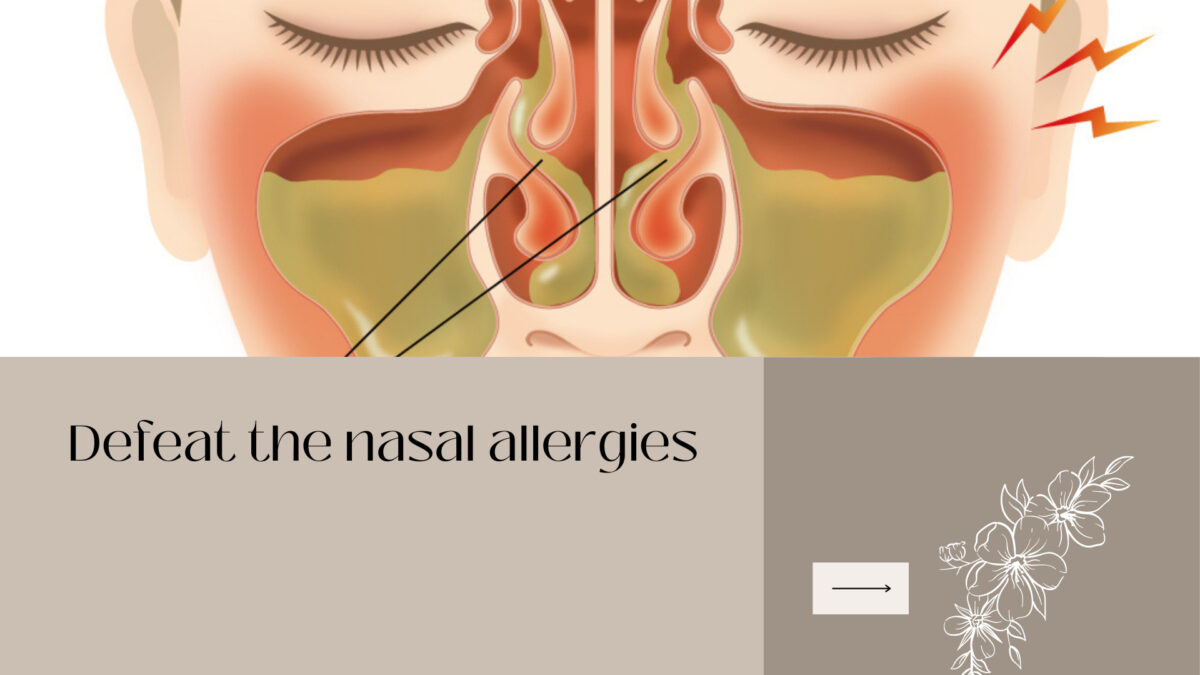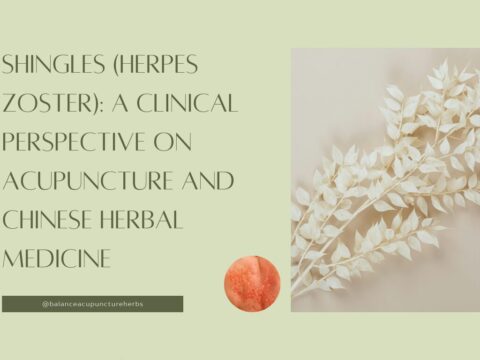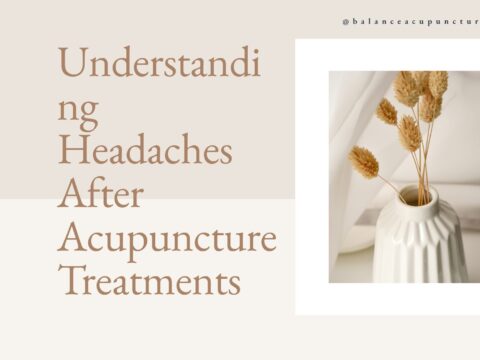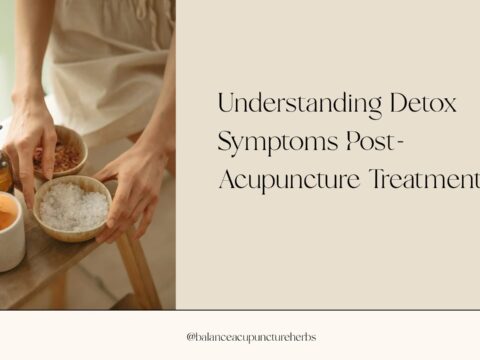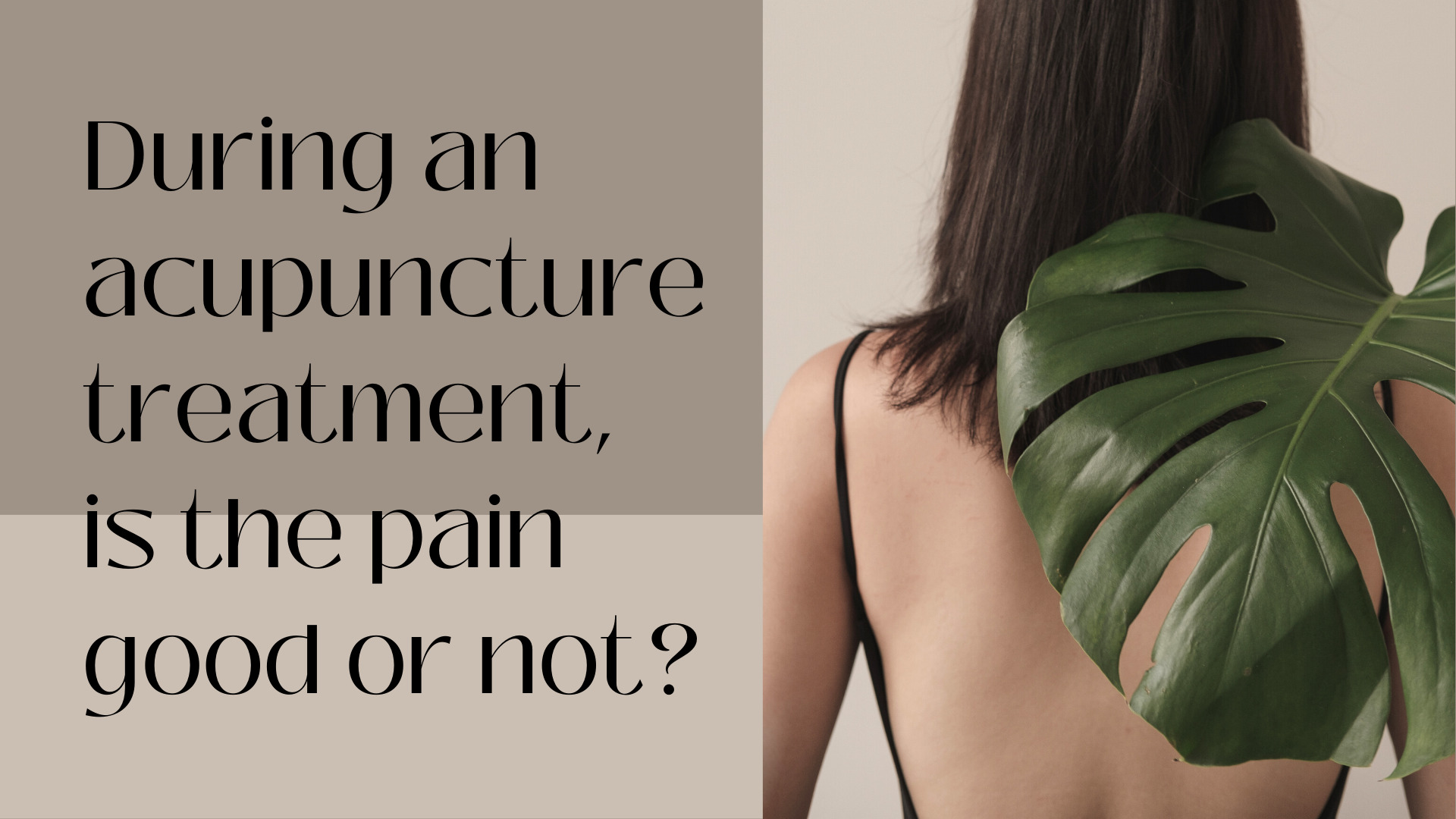
During an acupuncture treatment, is the pain good or not?
August 31, 2021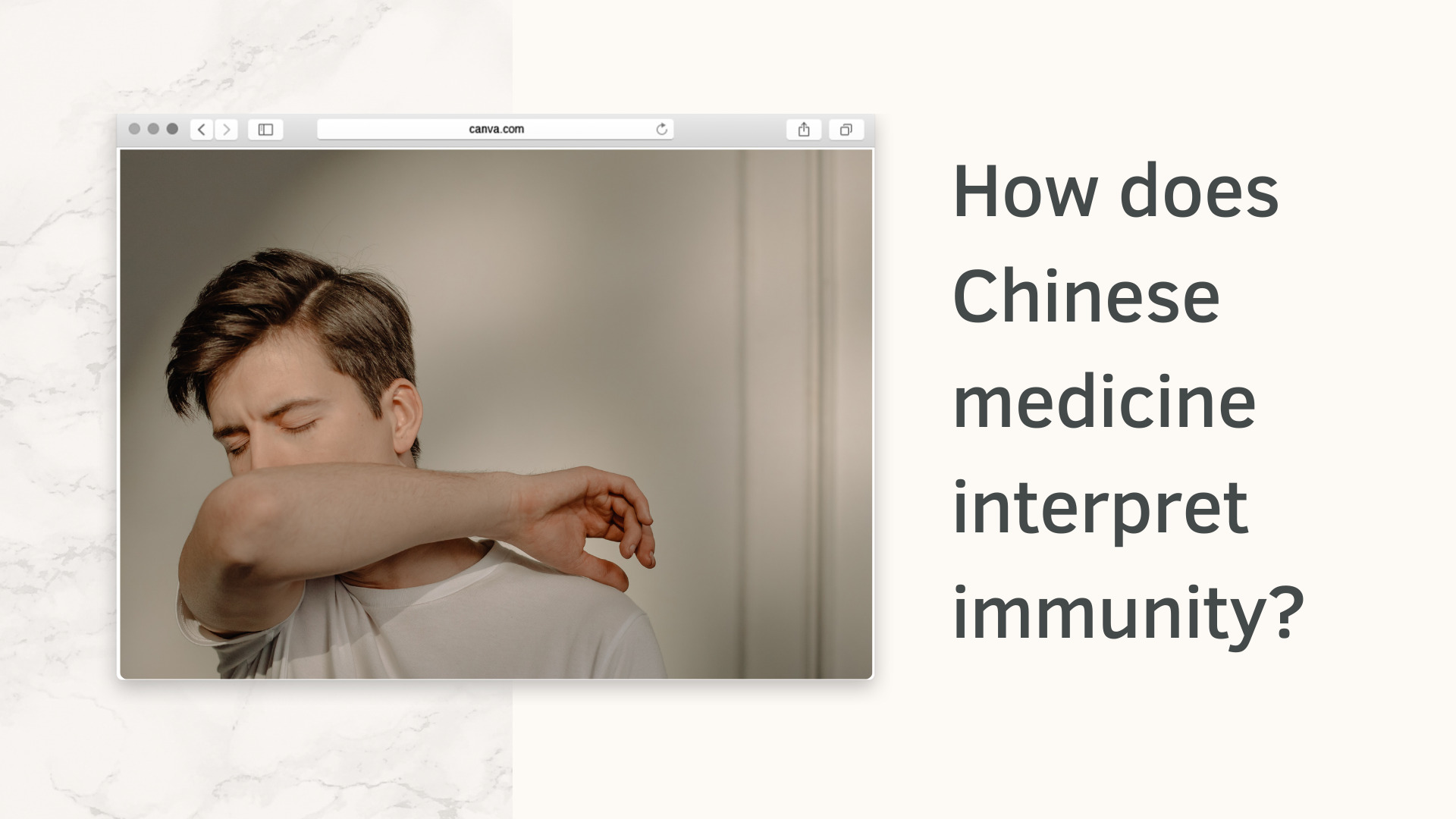
How does Chinese medicine interpret immunity?
October 3, 2021|
Getting your Trinity Audio player ready...
|
Defeat the nasal allergies
Allergic rhinitis is generally divided into two types: seasonal allergic rhinitis and perennial allergic rhinitis.
Types
Seasonal allergic rhinitis is mostly caused by pollen or mold spores. It is often related to seasonality. During a certain period, certain plants release a large amount of pollen or spores. Allergic patients become ill.
The other is perennial allergic rhinitis. Perennial allergic rhinitis is mostly caused by prolonged contact with allergens. These are often dust mites, feathers, and air pollutants in the dust. In addition, some physical and chemical factors, such as cold air, can also irritate the mucous membranes and cause allergic reactions and symptoms.
Symptoms
Common symptoms of allergic rhinitis include nasal symptoms, such as itchy nose, sneezing, runny nose, and nasal congestion. The symptoms are often combined with eye allergies such as itchy eyes and watery eyes. In addition, some children lose their appetite due to a poor sense of smell and have dark circles on the lower eyelids; some cause emotional anxiety, irritability, and affect schoolwork and work.
Some patients will have secondary symptoms caused by nose symptoms, such as dysfunction of the Eustachian tube, resulting in middle ear hydrops, hearing loss, otitis media. In addition, allergic patients sometimes have skin allergies and asthma, and other related diseases.
There are many ways to treat nasal allergies in Western medicine. The primary treatment principle is to find out the allergen first and then try to avoid the environment of the allergen. In addition, develop a regular daily life, appropriate exercise habits, and use physiological adjustments to increase sympathetic nerve activity to improve symptoms.
Drug therapy is required for moderate to severe patients, such as antihistamines, sympathomimetic agents, intranasal sprays, and desensitization therapy. In extreme cases, the treatment can even be combined with surgical treatments.
TCM View for Nasal Allergies
In traditional Chinese medicine, allergic rhinitis is caused by the dysfunction of the internal organs, which leads to the weakening of the qi outside the health.
When the number of attacks is frequent, other inflammatory reactions may usually occur, such as stagnation of heat in the lung meridian and applying drugs for clearing lung heat. In the remission period, according to the cause and pathogenesis, it can be divided into the weakness of lung qi, deficiency of spleen and lung qi, and kidney qi, three types of part.
(1) Weak lung qi: Itchy nose and clear nasal water. It is easy to get cold when encountering cold air, and it isn’t easy to heal repeatedly. In addition, the face is tired, the tongue is pale red, the tongue coating is thin, and the pulse is weak.
(2) Deficiency of spleen and lung Qi: nasal congestion, swelling of the nose, excessive discharge, hypertrophy, and pale turbinate, after repeated attacks, often feel dizzy, difficult to concentrate, and accompanied by loss of appetite, soft stools, pale or fat tongue. This symptom is most common in children with allergies.
(3) Deficiency of kidney qi: common after years of allergies, long-term nasal itching and sneezing, cold in the morning and evening, and kidney yang deficiency syndrome, usually cold and cold, frequent urination at night, cold hands and feet, pale complexion, or weak waist and knees.
TCM for Nasal Allergies Treatment
Chronic rhinitis can be helped in traditional Chinese medicine. However, due to differences in physique, there are roughly four types of syndromes, and medications are also different. Chinese herbal medicine mainly starts with adjusting the patient’s overall function, adjusting the body’s immune function, eliminating pathogens, and improving the patient’s resistance.
Herbal medicine combined with acupuncture can make the result better. Choose Yingxiang, Yintang, Fengchi, Fengfu, Zusanli as the main points, Shangxing, Hegu, Feishu, Pishu, Shenshu, Sanyinjiao as the matching points for acupuncture. Ten times as a course of treatment.
You can also choose ear acupuncture or ear seeds—ten times as a course of treatment.
Read More:
Allergic rhinitis is recurrent. Why not try acupuncture?
How Chinese medicine treats gastroesophageal reflux?
90% of headaches are tension headaches.
[wpseo_address show_state=”1″ show_country=”1″ show_phone=”1″ show_phone_2=”0″ show_fax=”0″ show_email=”0″ show_logo=”0″]
[wpseo_map max_number=”undefined” width=”400″ height=”300″ zoom=”-1″ map_style=”roadmap” scrollable=”1″ draggable=”1″ show_route=”0″ show_state=”0″ show_phone=”1″ show_phone_2=”0″ show_fax=”0″]

